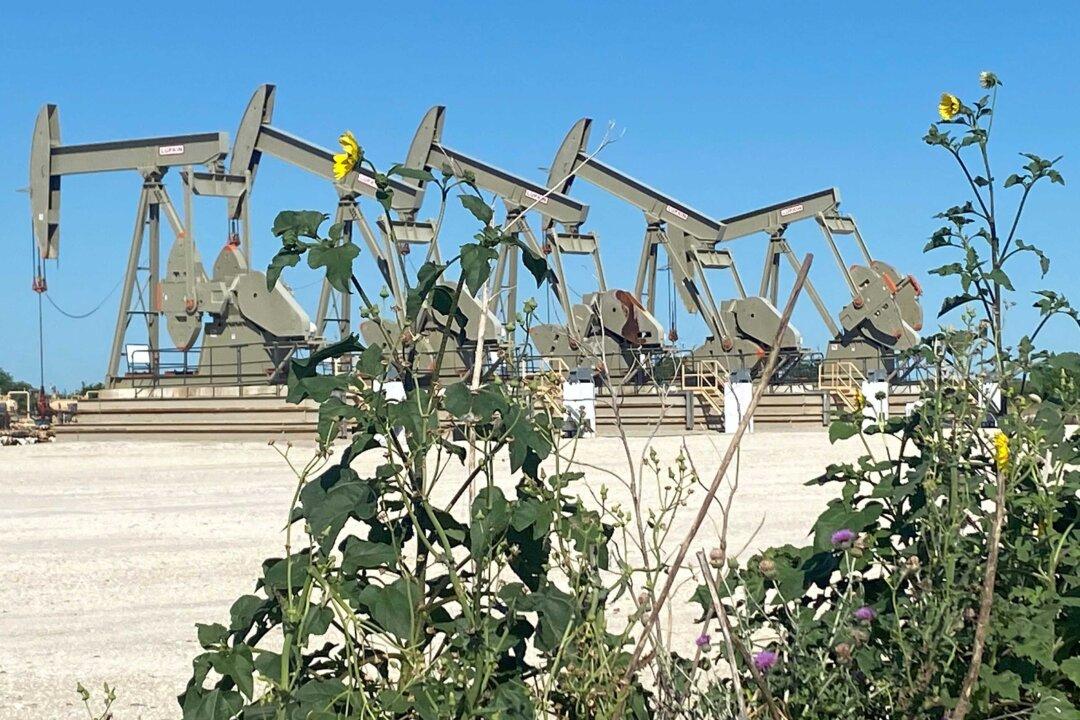LONDON—Oil prices edged higher on Tuesday as investors weighed a possible tightening of U.S. crude supplies against weaker-than-expected Chinese economic growth.
Both contracts fell more than 1.5 percent on Monday, following lacklustre Chinese data and the partial restart of some Libyan oilfields.





